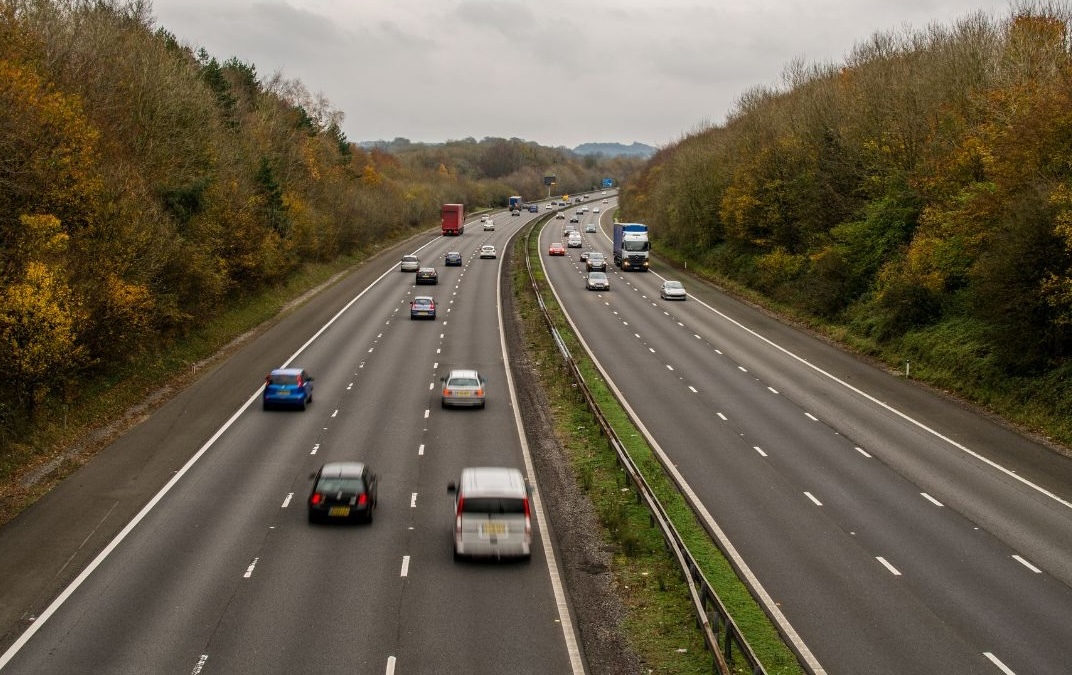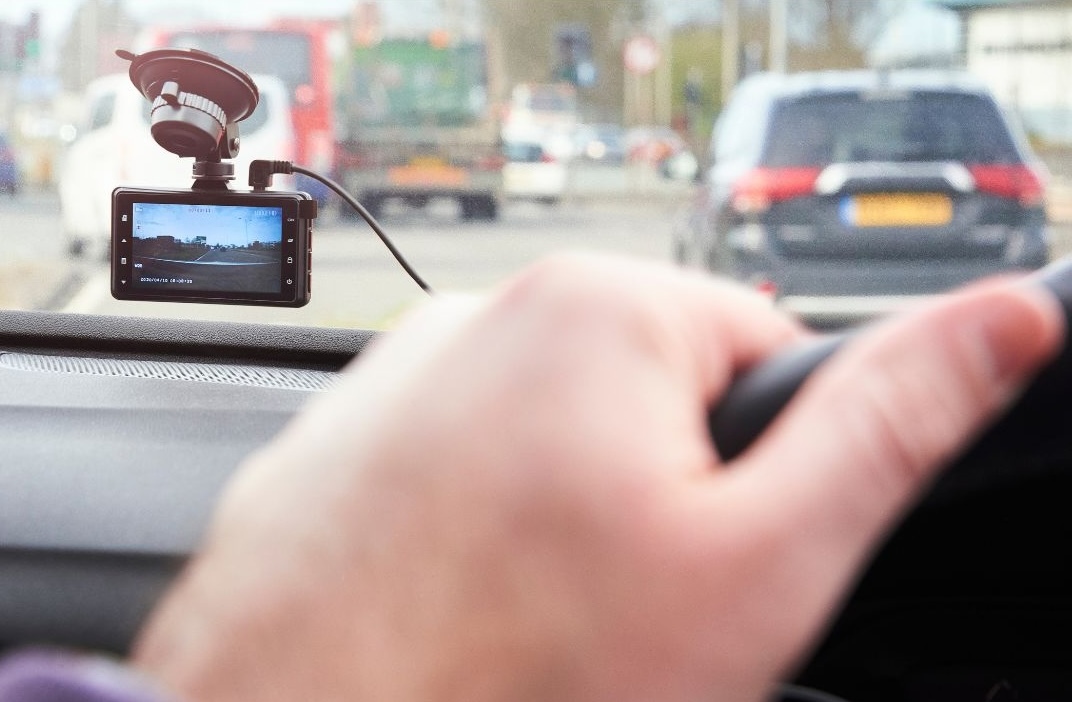So you’ve got a foreign-registered car and you're planning to drive it in the UK. Maybe you’re here for a few months. Maybe you’re importing a vehicle long-term. Either way, the rules around using foreign number plates in the UK aren’t exactly light reading, but they can be clear once broken down.
Here’s what you actually need to know — whether you’re visiting, relocating, or simply figuring out if your imported car needs new plates just yet.
Who Can Legally Drive with Foreign Plates in the UK

Driving with foreign plates in the UK is allowed, but only under specific conditions — and usually for a limited time.
Tourists, visiting students, and temporary workers can often drive under the temporary vehicle import UK rules without needing to register. If you're not classed as a UK resident, foreign number plates are generally permitted for up to six months.
Those planning to import a car? UK rules give you some breathing room while DVLA vehicle registration is in progress.
Still, your foreign car insurance policy must meet UK standards — more on that soon.
And if you’re unsure how to register a foreign car in the UK, don’t worry. We’ll break that down later on.
Time Limits for Using Foreign Number Plates
You can legally drive with foreign number plates in the UK for up to 6 months in any 12-month period — but only if you’re not a UK resident.
The rule applies whether you're here for work, study, or just passing through. But the clock starts ticking the moment your vehicle arrives.
If you stay longer or meet the definition of UK residency, you’ll need to begin DVLA vehicle registration. That’s where UK residency vehicle laws become relevant.
With ANPR systems in place, it’s easy for authorities to track how long a foreign-registered vehicle has been in the country.
Unsure whether you’re approaching the limit? It’s probably time to look into how to register a foreign car in the UK.
Residency and Vehicle Registration Requirements
Once you’re classed as a UK resident, those foreign number plates in the UK stop being legal. The key trigger? Spending more than 185 days in the UK during any 12-month span.
At that point, DVLA vehicle registration is required within six months. Wait too long, and you risk fines — or worse.
To get things moving, you’ll need to show proof of ID, a UK address, and when the car entered the country. Customs documents matter, especially if you entered under a temporary vehicle import UK exemption.
Top Tip: If you plan to stay longer than six months, don’t delay — start the paperwork early to avoid last-minute stress or penalties.
Insurance Rules for Foreign-Plated Vehicles
So you’ve brought a car into the UK and you’re still running foreign number plates — what about insurance?
Well, to legally be driving with foreign plates in the UK, you must have at least third-party insurance that meets UK standards. This applies whether you’re here for a few weeks or pushing the six-month limit under the temporary vehicle import UK allowances.
If your insurance was arranged back home, you’ll likely need a Green Card that confirms you’re covered here, or a translated proof of cover if that isn’t available.
In other words, foreign car insurance UK visitors bring with them won’t always meet the mark. And if you’re stopped by police or flagged by an ANPR camera? They’ll check both your plate and your cover.
Best advice? Don’t assume your existing policy is enough — check it before you drive a single mile.
What Happens if You Break the Rules

Driving with foreign plates in the UK past the legal limit? That’s where things can start to get messy — and expensive.
If your vehicle overstays the temporary vehicle import UK rules or you haven’t begun DVLA vehicle registration once you become a resident, you could face more than just a warning. Police have the authority to seize your vehicle on the spot, especially if you’re uninsured or your documents don’t check out.
Fines can follow, and in more serious cases — such as trying to dodge tax, or driving without a valid MOT — criminal charges aren’t off the table either.
Even if your intentions were good, delays or admin slip-ups can cost you. That’s why understanding how to register a foreign car in the UK sooner rather than later can save you a serious headache.
And yes, they do keep track — even on your second or third visit.
Exceptions for Temporary Visitors and Tourists
Not everyone needs to register straight away — in fact, certain visitors can keep using their foreign number plates in the UK without much fuss.
If you’re here short-term and not classed as a UK resident, you can usually drive under the temporary vehicle import UK rules without breaching the law.
This often includes:
- EU and EEA holidaymakers
- International students here for under six months
- Temporary workers with a fixed contract
- Foreign diplomats and embassy staff
- Visitors driving hired or leased cars from abroad
Still, even with an exemption, it’s wise to check your foreign car insurance UK policy — it should still meet local standards.
One thing’s clear: even if you fall under these exceptions, keeping your documents handy is always a smart move.
How to Register a Foreign Vehicle in the UK
If you're planning to stay in the UK beyond that six-month grace period, it's time to think about switching from foreign number plates in the UK to fully registered UK plates. The good news? It’s more straightforward than most expect, as long as you follow the right steps.
To begin the DVLA vehicle registration process, you’ll need to complete a V55/5 form, get the vehicle MOT tested (if it’s over three years old), and provide proof of identity, address, and customs clearance.
Documents You'll Need
- V55/5 form
- Proof of ID (e.g. passport)
- UK address confirmation (e.g. utility bill)
- MOT certificate
- Foreign registration certificate
- Evidence of customs clearance (e.g. C384 or NOVA reference)
Then it’s just a matter of fitting UK-standard plates. And if you need compliant, road-legal ones fast? You can order replacement number plates directly from Demon Plates.
Whether your stay is temporary or permanent, understanding how to register a foreign car in the UK keeps you on the right side of the law — and saves you a fair bit of hassle.
